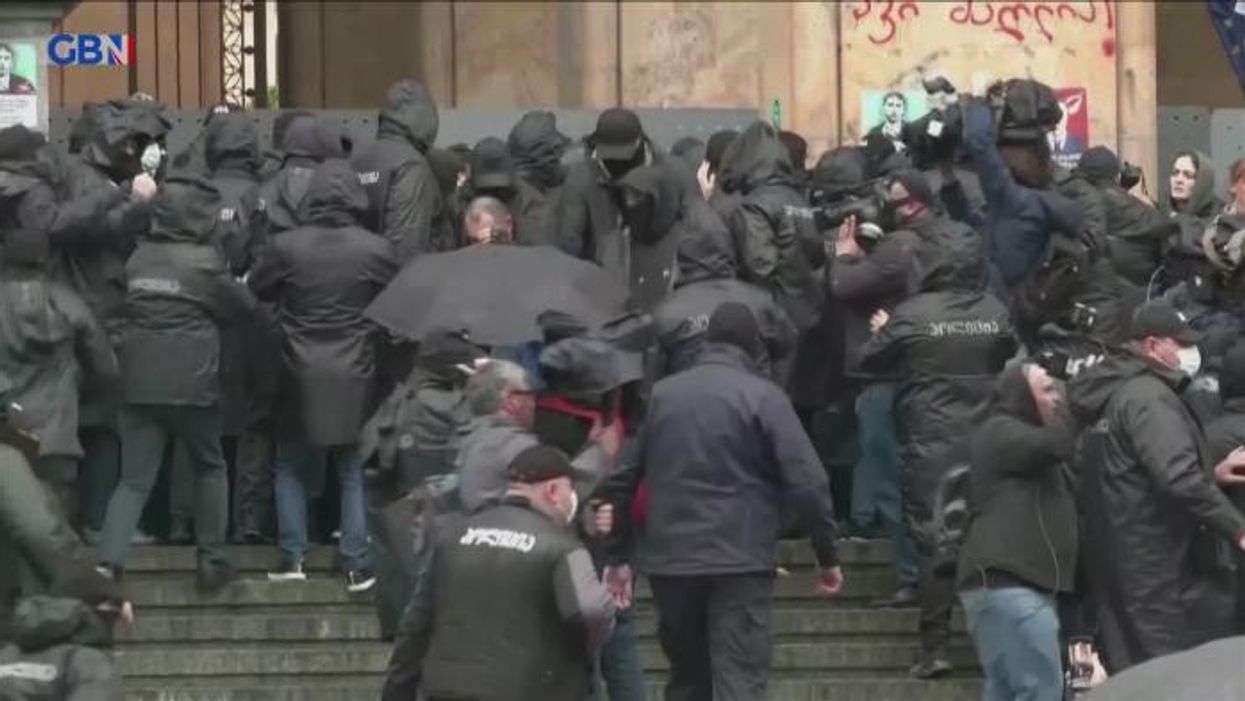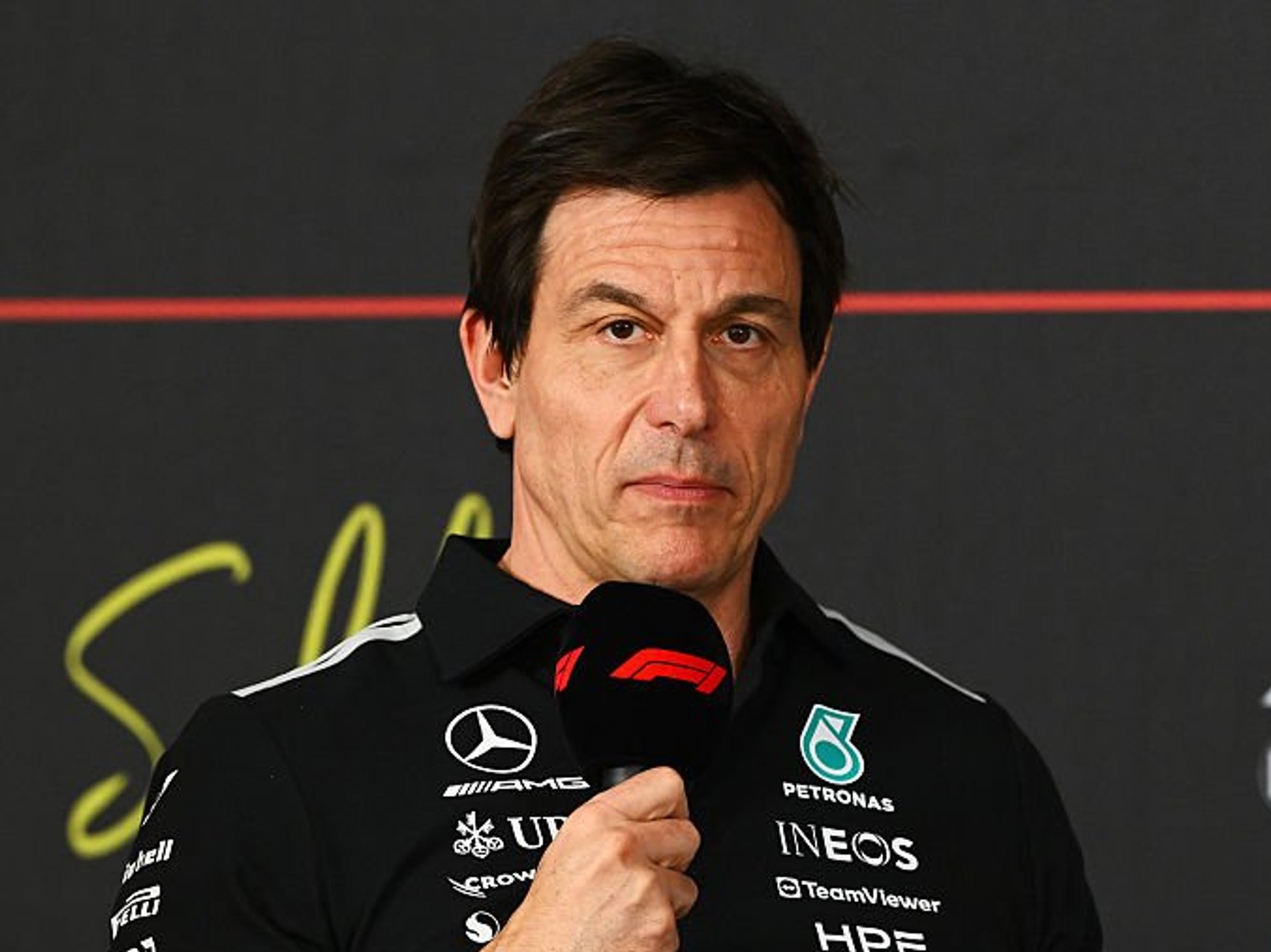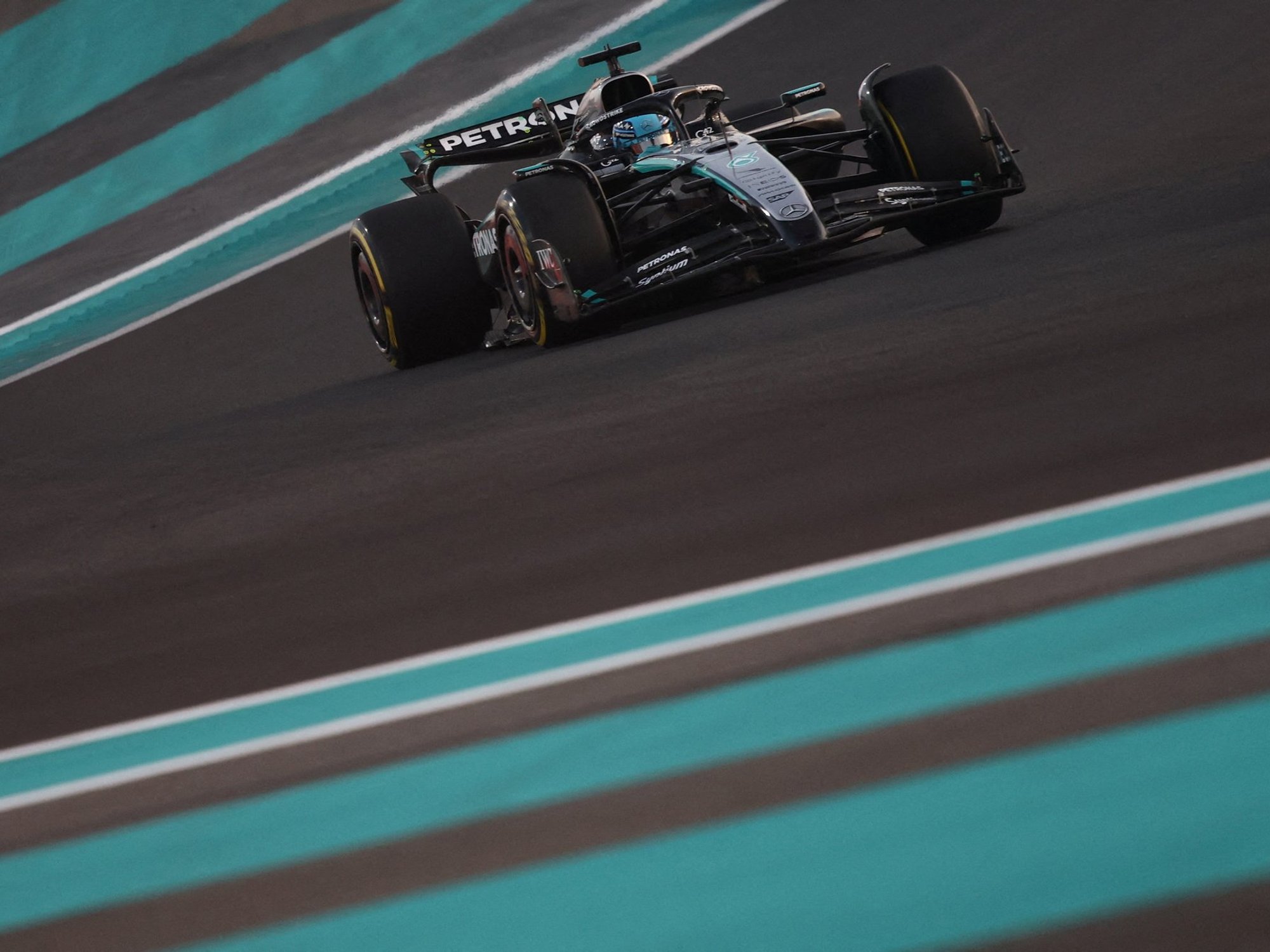Georgia hit by violent protests as activists clash with police in fury over new 'Kremlin-like' law

Demonstrators in Tbilisi continue to call for further protests amid concern it could see Georgia pivot back towards friendlier relations with Russia
Don't Miss
Most Read
Georgia has been hit by a wave of violent protests as activists clash with police over a new Kremlin-inspired law.
Activists smashed barriers at Georgia's parliament as MPs continued to debate whether to approve the controversial legislation.
Authorities responded by deploying riot police, water cannons and tear gas.
Lawmakers were also filmed scuffling over the legislation after critics lamented it for being too authoritarian.
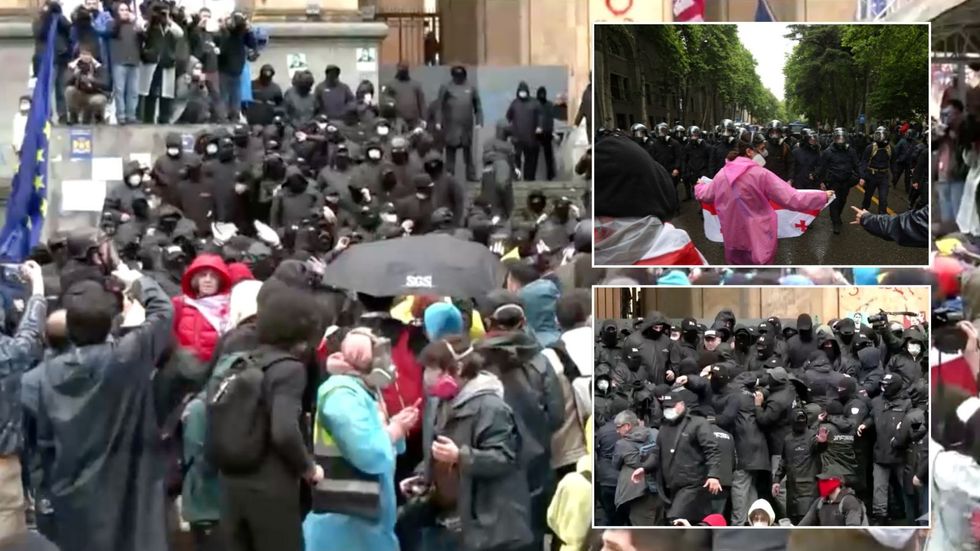 Georgia hit by violent protests as activists clash with police in fury over new 'Kremlin-like' law | Reuters
Georgia hit by violent protests as activists clash with police in fury over new 'Kremlin-like' law | ReutersTbilisi passed the third and final reading of a "foreign agents" bill earlier today but President Salome Zourabichvili vowed to veto the pro-Russia move.
Zourabichvili's veto can be overridden by another vote in parliament which could spark further constitutional problems for Georgia.
The bill requires organisations receiving more than 20 per cent of their funding from abroad to register as agents of foreign influence - imposing oppressive disclosure requirements and fines for violations.
Critics have dubbed the bill "the Russian law", comparing it to Russian legislation used to target critics of President Vladimir Putin's Kremlin.
LATEST DEVELOPMENTS:
- Putin recruiting far-right thugs to carry out terror attacks in UK as revenge for aiding Ukraine
- Putin suffering from 'serious instability' after replacing defence minister over Ukraine disaster
- World War 3 warning: Russia issues clearest provocation yet after Putin orders nuclear testing - 'You can't hide!'
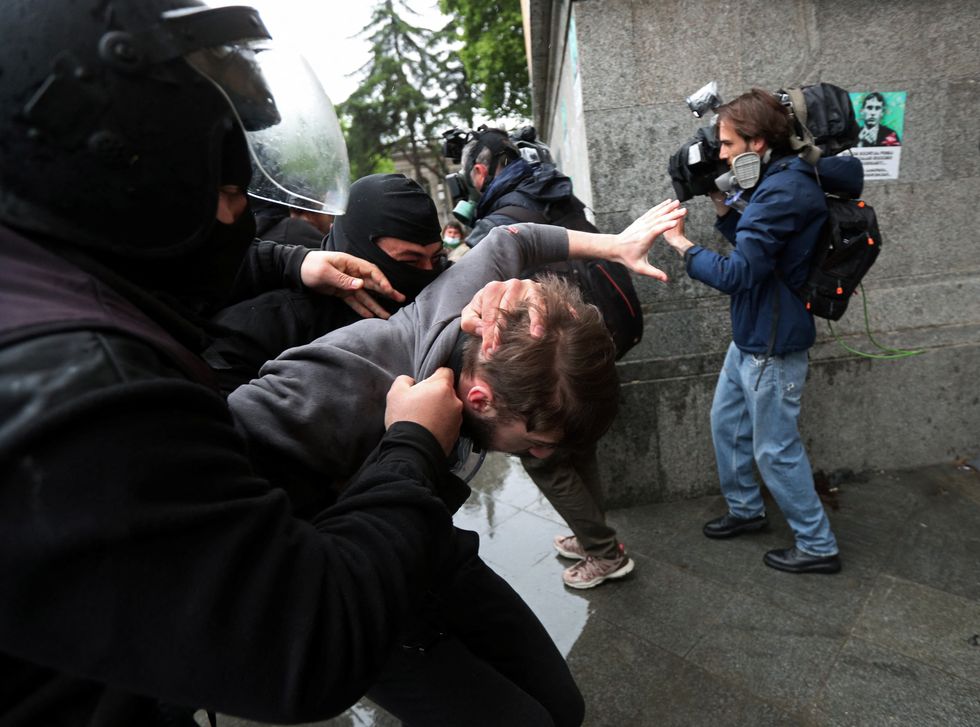
Authorities responded by deploying riot police, water cannons and tear gas
|Reuters
However, Georgia's government insist the bill is required to promote transparency and preserve the country's sovereignty.
The bill passed with 84 members of parliament out of 150 voting in favour.
Demonstrators shouted "Slaves!" and "Russians!" as the verdict was announced.
Protests have been carried out over recent weeks where crowds in their tens of thousands have gathered in some of the biggest demonstrations seen in Georgia since it regained independence from Moscow in 1991.
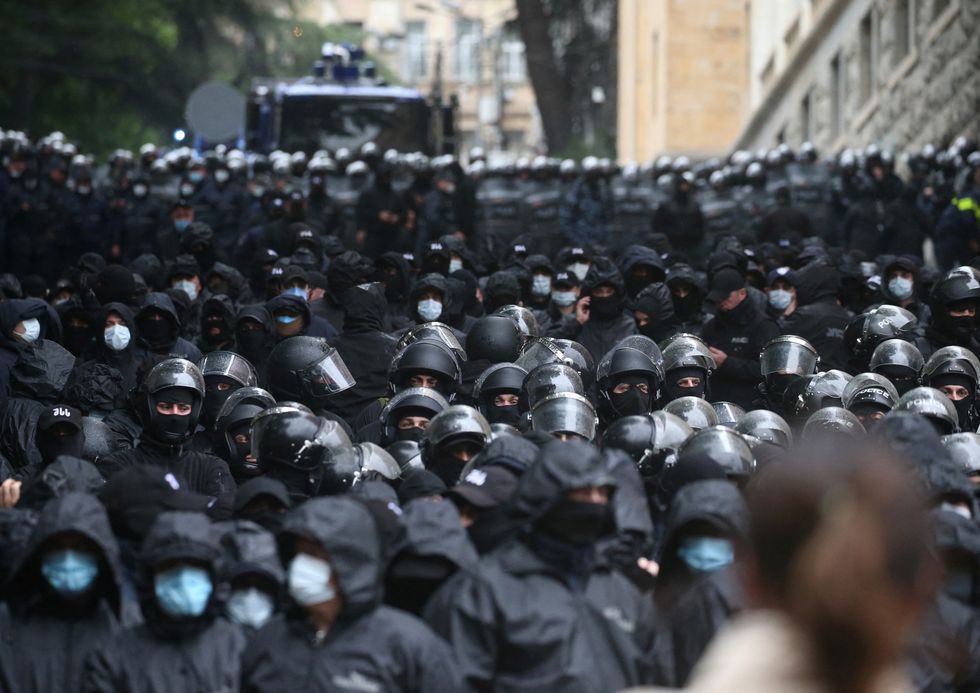
Protests have been carried out over recent weeks where crowds in their tens of thousands have gathered in some of the biggest demonstrations seen in Georgia since it regained independence from Moscow in 1991
|Reuters
The current Georgian Dream party say they want to join both the EU and Nato.
Polls show public opinion is strongly supportive of EU integration, while many Georgians are hostile to Russia over Moscow's support for the breakaway regions of South Ossetia and Abkhazia.
Russia has denied any role in inspiring the Georgian bill.


